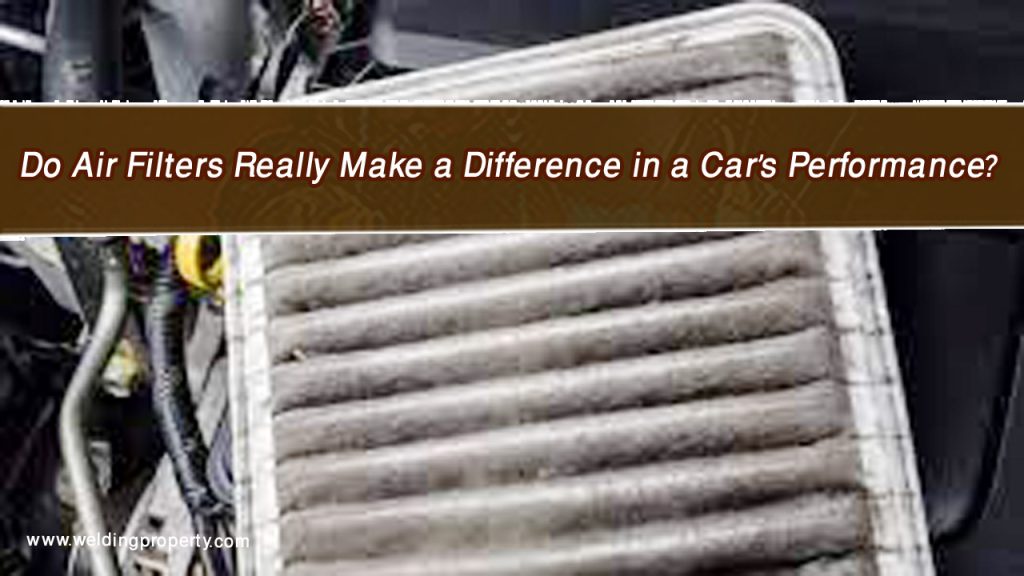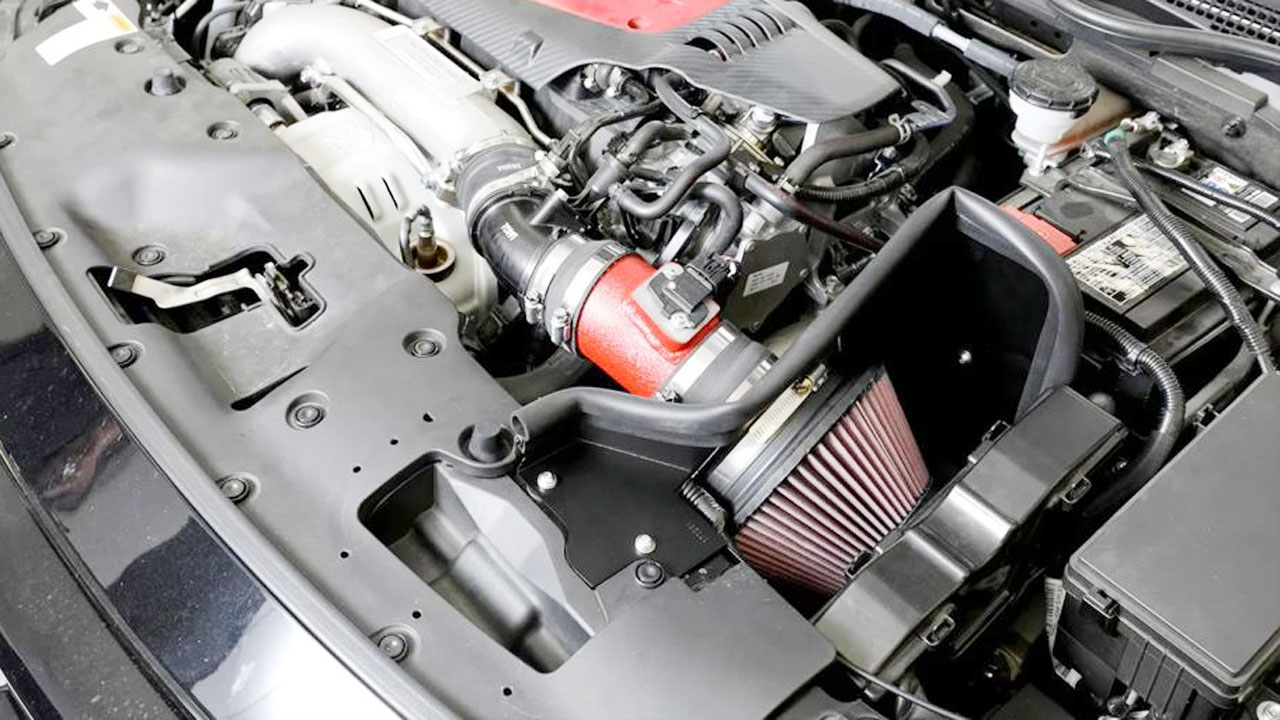I still remember the first time someone told me I needed to replace my car’s air filter. Honestly, I didn’t think much of it. After all, it’s just a filter, right? What difference could it possibly make? Turns out, I was way off the mark.
I’ve come to realize that air filters are a much bigger deal than I initially thought. They’re not just about keeping dirt out—they can impact your car’s performance, fuel efficiency, and even the air you breathe inside your vehicle.
If you’ve ever wondered whether air filters really matter, let me take you through everything I’ve learned about them. By the end of this, you’ll see why paying attention to your car’s air filter is more important than you might think.

Image by roadrescueinc
What Does a Car’s Air Filter Do?
Your car’s air filter is essentially a gatekeeper for your engine. Its primary job is to prevent dust, dirt, pollen, and other debris from entering your engine while still allowing clean air to flow through. This might sound simple, but it’s critical for your car’s overall health and performance.
Think of it like this: your engine needs clean air to function properly, just like we need clean oxygen to breathe. Without a clean air filter, your engine could choke on dirt and debris, leading to a host of problems down the road.
Types of Air Filters in a Car
Before we dive into the benefits, let’s look at the two main types of air filters your car has:
Engine Air Filter
This filter is located near the engine and ensures that the air entering the combustion chamber is clean. It directly impacts your engine’s performance, fuel efficiency, and longevity.
Cabin Air Filter
The cabin air filter is responsible for the air you breathe inside the car. It traps dust, pollen, and other allergens, making the interior environment more comfortable and healthier for passengers.
How Do Air Filters Affect Your Car’s Performance?
When I first swapped out my car’s dirty air filter for a clean one, the difference was immediate. Here’s how air filters impact your car:
Fuel Efficiency
A clogged engine air filter restricts airflow, forcing the engine to work harder. This can reduce fuel efficiency because your car burns more fuel to compensate for the lack of air. On the other hand, a clean air filter helps maintain the right air-to-fuel ratio, improving gas mileage.
Acceleration and Power
Have you ever noticed your car feels sluggish when you hit the gas? A dirty air filter could be the culprit. Clean filters allow for optimal airflow, which helps your engine generate power more effectively.
Engine Longevity
Dirt and debris entering the engine can cause significant wear and tear over time. A clean air filter acts as a shield, preventing contaminants from damaging sensitive engine components.
Emissions
A clogged air filter can lead to incomplete combustion, increasing harmful emissions. Keeping the filter clean ensures that your car runs cleaner and stays environmentally friendly.
Cabin Air Filters and Your Health
While engine air filters focus on performance, cabin air filters are all about your comfort and health. Here’s why they matter:
- Improved Air Quality: They trap allergens, dust, and pollutants, making the air inside your car safer to breathe.
- Eliminates Odors: A clean cabin air filter can reduce unpleasant odors from outside.
- Prevents HVAC Issues: Dirty filters can strain your car’s heating and air conditioning system, reducing its effectiveness over time.
How Often Should You Replace Air Filters?
The frequency of replacement depends on a few factors like your driving conditions, mileage, and the type of filter. Here’s a general guide:
| Type of Filter | Replacement Interval |
|---|---|
| Engine Air Filter | Every 15,000 to 30,000 miles |
| Cabin Air Filter | Every 12,000 to 15,000 miles |
If you drive in dusty areas or heavy traffic, you may need to replace these filters more frequently.
Signs Your Air Filter Needs Replacement
Not sure if your air filter is due for a change? Here are some telltale signs:
- Reduced Fuel Efficiency: You’re visiting the gas station more often.
- Sluggish Performance: Acceleration feels slower than usual.
- Strange Engine Noises: A clogged air filter can cause your engine to cough or sputter.
- Dusty or Musty Smell in the Cabin: This indicates your cabin air filter is overdue for a change.
- Check Engine Light: A dirty air filter can trigger this warning.
Can You Replace an Air Filter Yourself?
Absolutely! Replacing an air filter is one of the easiest DIY tasks you can do for your car. Here’s a quick step-by-step guide:
For Engine Air Filter
- Locate the air filter housing under the hood.
- Open the housing and remove the old filter.
- Check the housing for dirt and clean if necessary.
- Insert the new filter and close the housing securely.
For Cabin Air Filter
- Locate the filter, usually behind the glove box or under the dashboard.
- Remove the old filter and clean the area around it.
- Install the new filter and reassemble the panel.
Always refer to your car’s manual for specific instructions.
Are High-Performance Air Filters Worth It?
If you’re considering upgrading to a high-performance air filter, like a reusable or K&N filter, here’s what you need to know:
- Pros: They offer better airflow, improved performance, and can be cleaned instead of replaced.
- Cons: They’re more expensive upfront and may not provide noticeable benefits for everyday driving.
For most drivers, a standard air filter works perfectly fine.
The Cost of Neglecting Air Filters
Ignoring your air filters might save you a few bucks in the short term, but it can lead to costly repairs later. Here’s what you risk:
- Engine Damage: Dirt and debris can harm the engine’s internal components.
- Poor Fuel Efficiency: You’ll spend more on gas over time.
- Reduced Comfort: A clogged cabin air filter makes driving less enjoyable, especially during allergy season.
Conclusion
So, do air filters really make a difference in a car? The answer is a resounding yes. From improving fuel efficiency and engine performance to enhancing air quality in your cabin, air filters play a critical role in your car’s overall health and comfort.
Taking the time to inspect and replace your air filters regularly is a simple yet effective way to keep your car running smoothly. Trust me, your wallet, your engine, and your lungs will thank you!
FAQs
Do air filters affect gas mileage?
Yes, a clean engine air filter helps maintain the correct air-to-fuel ratio, improving fuel efficiency.
Can I drive with a dirty air filter?
While you can drive with a dirty air filter, it’s not advisable. It can reduce performance, fuel efficiency, and increase engine wear.
Are reusable air filters better than disposable ones?
Reusable filters can be cost-effective in the long run but may not provide significant benefits for everyday driving.
How do I know if my cabin air filter is dirty?
You may notice a musty smell, reduced airflow from vents, or increased allergies while driving.
Can I clean my air filter instead of replacing it?
Some air filters are washable and reusable, but most standard filters need to be replaced. Always check your car’s manual.
 Automobile Solutions
Automobile Solutions
